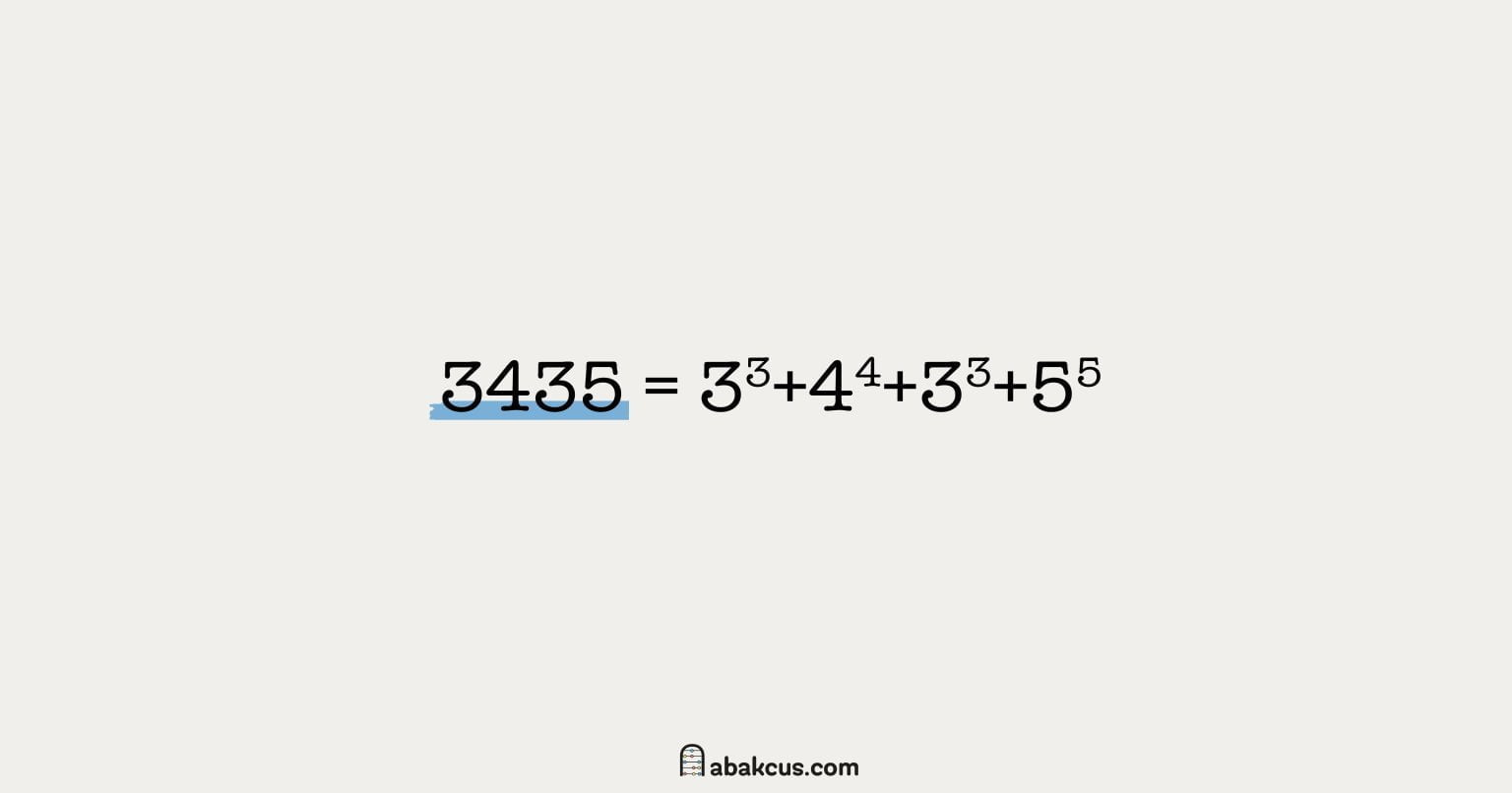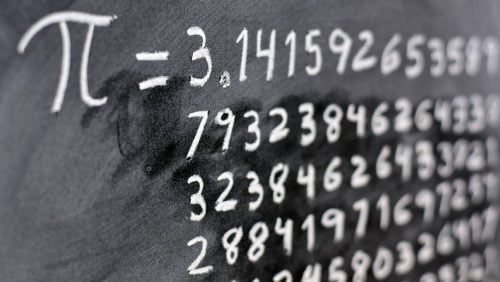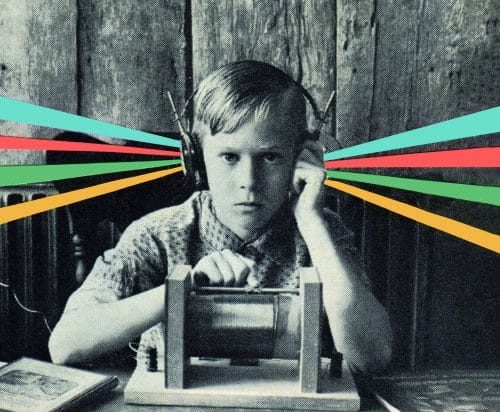Have you ever encountered a number with a unique and curious property that makes it special? One such number is Münchausen Numbers. These numbers have a fascinating property where they can be written as the sum of each of its digits raised to the power equivalent to the digits itself, resulting in the same number.
Münchausen numbers have similar properties to narcissistic numbers or Armstrong numbers. These numbers take their name from Baron Münchhausen, a fictional character famous for his incredible stories.
For instance, 3435 is a Münchausen number because three raised to the power of 3, 4 to the power of 4, 3 to the power of 3, and 5 to the power of 5 sum up to 3435. There are only two Münchausen numbers in base 10; one is 1, and the other is 3435.
However, the concept of Münchausen numbers is not limited to base 10. You can find Münchausen numbers in other number bases that don’t exist in base 10. This is because raising digits to a power depends on the number’s base.
Daan van Berkel proved that there are only finitely many Münchausen numbers in any given base. Nevertheless, these numbers are rare since they involve intricate equations and combinations. Hence, they are among the essential curiosities of number theory.
Münchausen numbers are fascinating and rare examples of number theory. They are integers that can be expressed as the sum of their digits, each raised to the power of the digit itself, leading to the same number. These numbers have helped mathematicians in various ways, such as exploring the limits of number bases. Even though Münchausen numbers are rare, they are exciting examples of some of the unique and peculiar properties of numbers.
You may also enjoy reading these:
• On Numbers and Games
• 6 Beautiful Math Books About Prime Numbers
• Dictionary of Numbers
• 100 Beautiful Math Books to Curate Your Perfect Math Library














